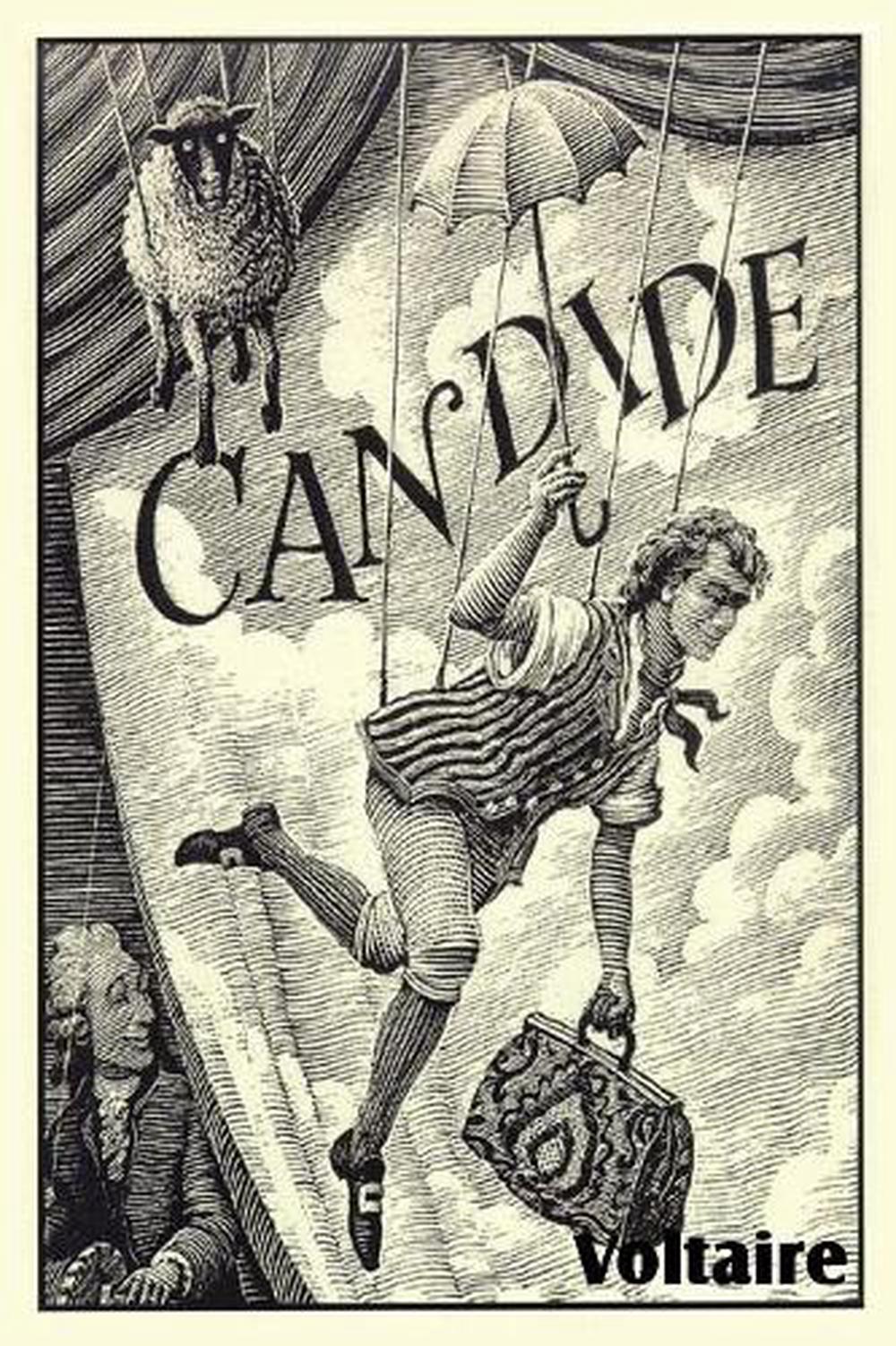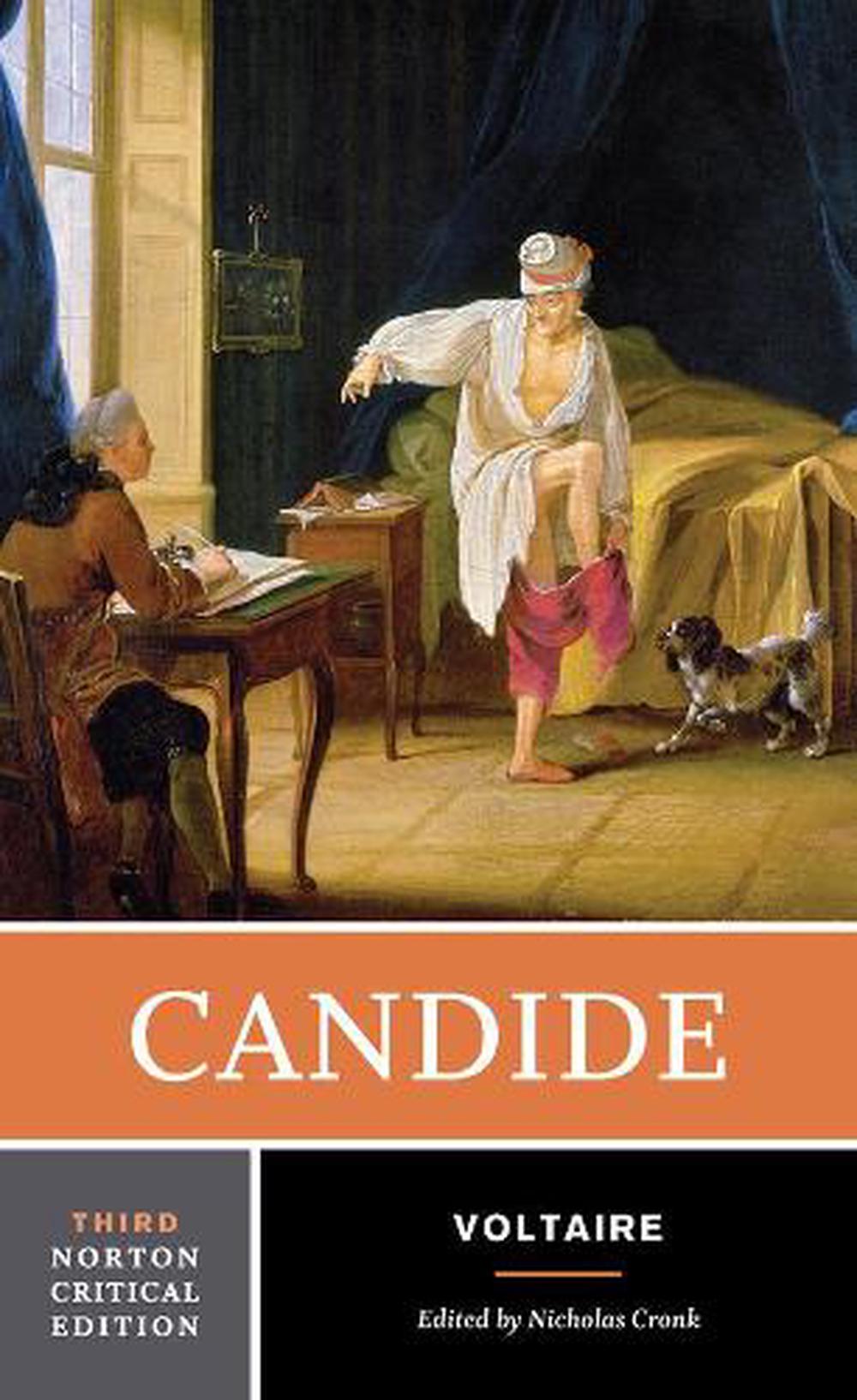

That year no fewer than three English translations appeared, shortly followed by the early version that is now most often read, by Tobias Smollett. It was written between July and December 1758 and published simultaneously in Geneva, Paris and Amsterdam in January 1759. It was the norm for death to precede translation.Īll this makes Voltaire's Candide even more of an extraordinary case.

But with the exception of Laclos, none of these writers could ever have set eyes on an English edition of his text. Balzac's Le Père Goriot(French 1834, English 1860), and Flaubert's Madame Bovary (French 1856-7, English 1886) were rather quicker. On the other hand, Stendhal's Le Rouge et le Noir (1830) had to wait until 1900 to find Anglophone readers. The earliest recorded English translation of Racine's Phèdre (1677) dates from 1776 whereas the immigration of Laclos's Les Liaisons Dangereuses was fast-tracked (French 1782, English 1784), no doubt because of its saucy reputation. Rabelais, for example, took almost a century and a half to be translated whereas John Florio's version of Montaigne's Essays came out only 11 years after the Frenchman's death. But this is not so, Candide and his companions encounter nothing but ludicrous calamities in their madcap travels around the world – war crimes, earthquakes, inquisitions and chain gangs – all based with horrible closeness on real events of the 18th century.T he acknowledged classics of French literature crossed the Channel at widely differing speeds. Following an indiscretion, Candide is cast out into the world which according to Pangloss is ‘the best of all possible worlds’. Young nobleman Candide lives a sheltered and comfortable life under the tutorship of the ridiculous Dr Pangloss who espouses the prevailing 18th-century philosophy of Optimism.

This classic of French literature features an introduction by Dr Marine Ganofsky. These beautiful books make perfect gifts or a treat for any book lover. Part of the Macmillan Collector’s Library, a series of stunning, clothbound, pocket-sized classics with gold-foiled edges and ribbon markers. This classic of French literature has been a bestseller for over two hundred years. Candide, or the Optimist is Voltaire’s hilarious and deeply scathing satire on the Age of Enlightenment.


 0 kommentar(er)
0 kommentar(er)
